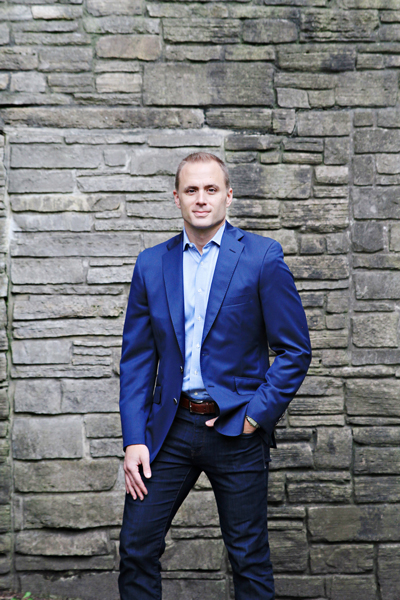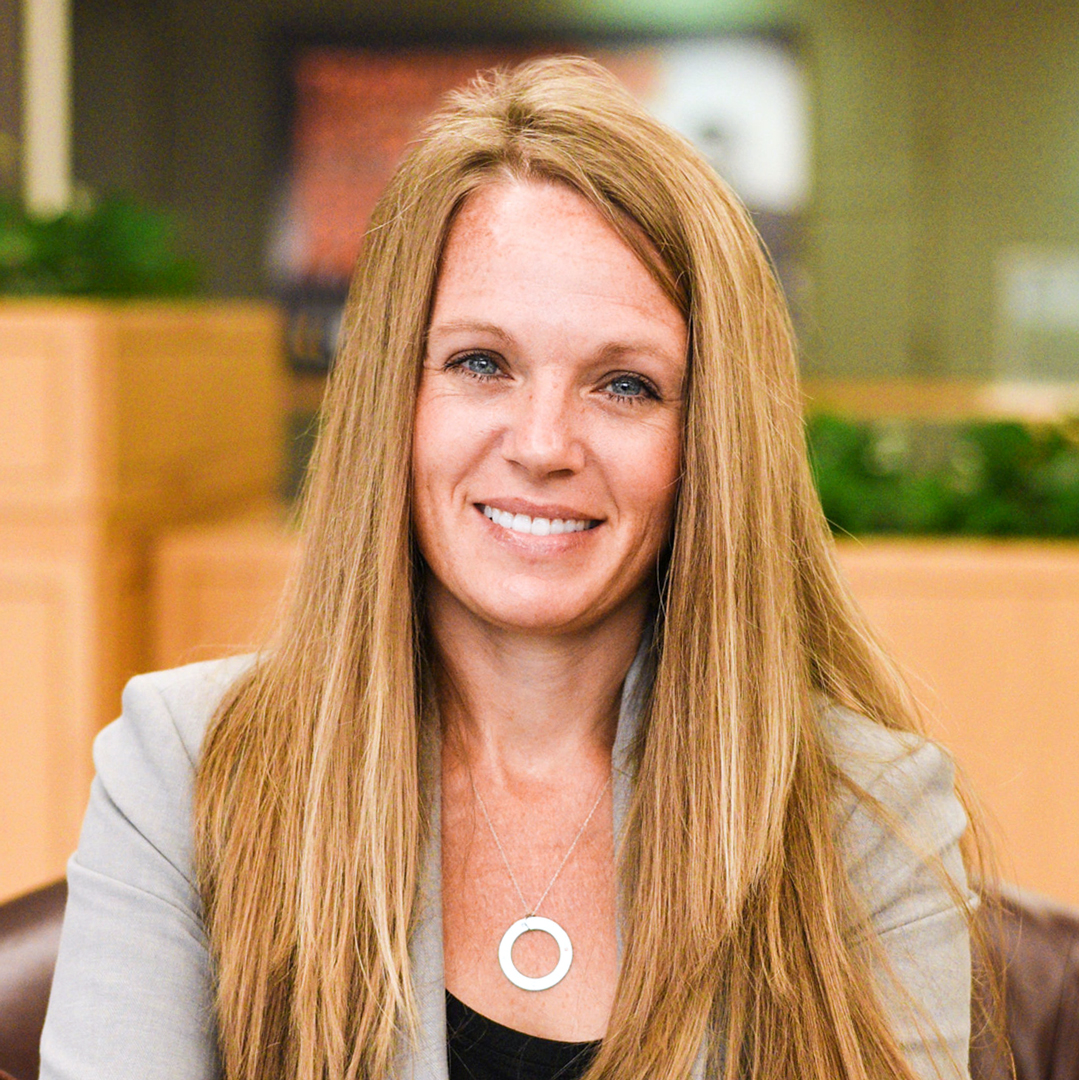Lee Wise has always known that he didn’t want to be stuck in a role where he wasn’t able to grow. And though this was a challenge in his early career in corporate strategy, with limited opportunities to move into different sides of the company, he kept expanding his knowledge base to prove that he could be of value in new ways. “I don’t want people to tell me I shouldn’t strive for something else, for something greater,” Wise says. “And in my opinion you should constantly be thinking, when you wake up each morning, what can I do to become better?”

This mantra was what led him to take an unusual career turn in 2015, when, after working for four years as the vice president of corporate development for Mead Johnson Nutrition, he was asked to also become treasurer. Wise had been in corporate development and strategy for over ten years, but in areas that also enabled him to gain some financial experience, including strategic finance work while at Rockwell Collins, private equity, and initiating a major financial transition at Brunswick during the 2008 recession. And because he was working on financial strategy at Mead Johnson, particularly during overseas expansion, when a treasury position unexpectedly came available, the CFO realized that Wise might make the best fit.
It was an exciting new challenge. “I enjoy transactional work, and you can apply some of the same principles of corporate development to treasury,” Wise says. After two years of successfully managing the company’s financial assets—particularly as it began expanding overseas, as the company expanded into multiple global markets including China—a buyout by Reckitt Benckiser Group had him looking for another opportunity. And rather than going back to corporate strategy, he decided to stay in a financial role, and took on a new one as vice president and treasurer of Chicago-based TreeHouse Foods, where Wise started in 2017.
Wise joined TreeHouse during a critical juncture, when the company was going through a merger that opened up the need for a full-time treasurer. The private-label packaged food company had begun competing within a dynamic landscape that includes new entries, such as the Amazon-Whole Foods partnership. Wise recognized there would be a unique opportunity to leverage his talents in a new way.
One of his early strategies at TreeHouse was based on long-term financial planning. “The market is really hot right now to get corporate financing,” Wise says. “That gave me leverage to negotiate terms that aren’t necessarily in-market.” Within his first three months at the company, knowing that interest rates were low, he was able to lay out a road map to create a brand-new credit facility that allowed extremely cheap access to capital, stretching out term lengths and knocking down amortization.
Part of being able to implement better financial planning came from one of his other talents as a strategist: knowing the importance of relationships. “The bankers I meet need to grow their business as well, and they’re very much inclined to help,” Wise explains. “They’re also closer to a lot of different aspects of the total market.” Developing those relationships during that early phase allowed Wise to utilize the expertise of other financial professionals to help strategize other changes at TreeHouse, like restructuring or leveraging new developments in the marketplace.
Wise’s business partners recognize the value he places on relationships. “Lee’s deep expertise in capital markets and M&A have helped him transition seamlessly and achieve success in various finance leadership roles throughout his career,” notes Marko Ratesic, a managing director at Goldman Sachs who works with Wise at TreeHouse.
As he’s thrived in his new field, Wise has also learned quite a few things. One is that treasury operations has its own language, one that’s about fundamentals like ways to move money between countries or between subsidiaries, and the associated tax ramifications. Another is the importance of ensuring that the strategic goals of the company and its finance department are aligned.
“In treasury, you need to translate corporate strategy into cash flow. You need to understand the business strategy and its accompanying financial models, and translate that into cash flow models,” he says, adding that this relates to leverage, debt terms, and financing. “There must be tight alignment between the business strategy and capital structure—otherwise you become entangled with competing priorities.”
For Wise, part of the enjoyment of moving into finance has been intellectual—he loves reading about the capital markets. And he’s also loved being able to work with so many different members of the company, whether in accounts payable or inventory, to focus on a united goal. “Being able to interact with them and come to a common way to improve things has been very rewarding, and we’ve done some great things,” Wise says, noting that last year they reduced inventory by $220 million.
If he could give any advice to others looking to make the unusual move he did, it would be to build relationships and always acquire new knowledge. And it would be to know how to think on your feet.
“Change is a constant—there’s always something that will come out of nowhere,” Wise says. But that might be what he loves most about working now as a treasurer, where every day brings the unexpected. “Each morning when you wake up, there’s something new. And those challenges keep it exciting,” Wise says. “They allow you to think about doing things a little bit differently.”
Photo by Lauren Michelle Studios LLC

